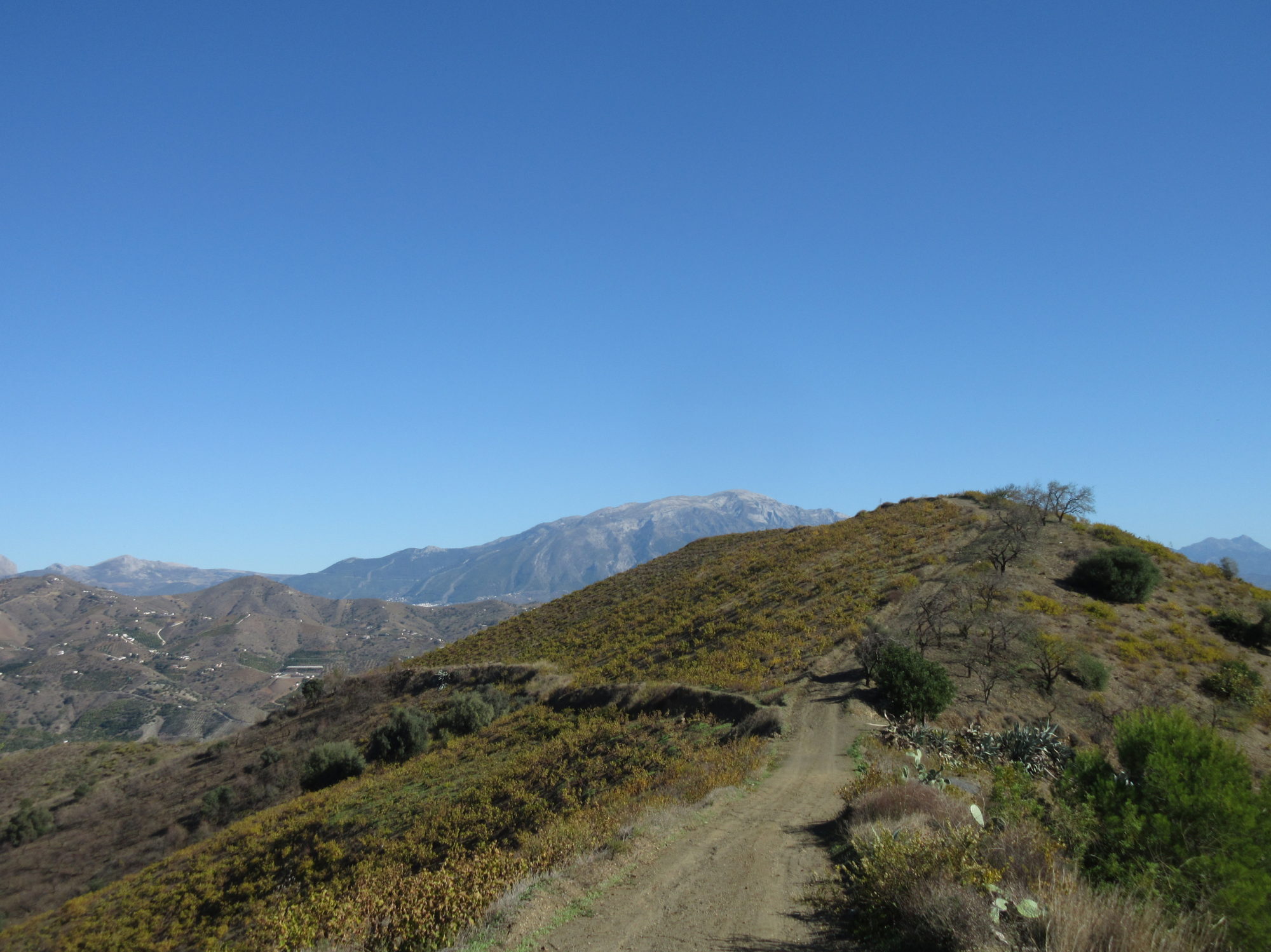“KOMMENTAR – Nutidens horder af psykiatrisk sygeliggjorte indtager stoffer på fast basis – hvornår vågner politikerne op til skandalen, spørger…”
Kilde: Psykofarmaka er narkotika – hvor bliver kritikken af? – POV

Mødested, videnscenter og blog – med visioner om en ny fremtid !
“KOMMENTAR – Nutidens horder af psykiatrisk sygeliggjorte indtager stoffer på fast basis – hvornår vågner politikerne op til skandalen, spørger…”
Kilde: Psykofarmaka er narkotika – hvor bliver kritikken af? – POV
Det er dybt bekymrende hvordan YouTubes algoritmer, der styrer strømmen af automatiske “næste klip” med det formål at fastholde vores opmærksomhed, i høj grad er en kilde til spredning af vold og misinformation.
“There are 1.5 billion YouTube users in the world, which is more than the number of households that own televisions. What they watch is shaped by this algorithm, which skims and ranks billions of videos to identify 20 “up next” clips that are both relevant to a previous video and most likely, statistically speaking, to keep a person hooked on their screen.”
Vi må huske hvorfor det er så nødvendigt at skelne mellem opmærksomhed og intimitet.
“We don’t know yet whether social media makes people lonely. Even if it does, we should remember that it is also useful to keep real friendships going. But an MHF survey last month found that 30% of young Scots say social media makes them feel isolated. The 2015 Pisa schools report showed a dramatic fall across the developed world since 2012 in the number of children who would say that “I make friends easily at school”. By a small margin, those who use the internet the most were also most likely (17%) to say that they felt lonely – although we don’t know which was causing which, if either. We also don’t know how much of their time online was spent on social media.”
Kilde: Look at me: why attention-seeking is the defining need of our times | Society | The Guardian
En digital pause kan give muligheden for at genoplive meningsfuldheden i aktivt valgte måder at kommunikere og opretholde sine sociale kontakter.
“I feel more invested in the time I spend with people. And because we interact less frequently, we have this idea that we want to make the most of the experience,” said Ms. Mushakevich, who says she is unlikely to reinstall the Facebook app on her phone. “That makes it seem more meaningful than if we had all of the time in the world, like we do on Facebook.”
Kilde: A Call to Cut Back Online Addictions. Pitted Against Just One More Click. – The New York Times
Hvoraf kommer naiviteten, der har ladet os overlade vores data til firmaer, der herefter i realiteten kontrollerer vores sociale liv?
“Our default position is to mistrust strangers and governments, but we trust convenient services without really knowing anything about them. We trust that private companies use our data to “improve our lives”, but we hardly reflect on where our lives are taken. Facebook paid $19bn for a company that has encrypted the contents of messages since 2016 and does not advertise.”
Kilde: I deleted WhatsApp for a year and here’s what I learned | Technology | The Guardian
Startskuddet til en stærk modstandsbevægelse ?
“Facebook appeals to your lizard brain — primarily fear and anger,” he said. “And with smartphones, they’ve got you for every waking moment.”He said the people who made these products could stop them before they did more harm.“This is an opportunity for me to correct a wrong,” Mr. McNamee said.”
Kilde: Early Facebook and Google Employees Form Coalition to Fight What They Built – The New York Times
“The corporate crusade against data governance is only getting started. If it succeeds, the world’s most important resource will be entrusted to the private sector and the profit motive, and the rest of us will have even less power to participate in the decisions that most affect our lives.”
“Data flows enable employers in higher-wage countries to outsource more tasks to workers in lower-wage countries. They help firms coordinate complex supply chains that push manufacturing jobs to the places with the cheapest labor costs. They empower a handful of big companies to dominate markets and monopolize digital infrastructure all over the world.”
Automatiseringen af arbejdspladser gør nødvendigheden af “universal basic income” stadig mere åbenlys og påtrængende.
“But the dislocation will be considerable, and comes at a time when social fabrics are already frayed. To ensure that, as in the past, technological change leads to a net increase in jobs, the benefits will have to be spread around and the concept of what constitutes work rethought. That’s why one of the hardest working academics in Davos last week was Guy Standing of Soas University of London, who was on panel after panel making the case for a universal basic income, an idea that has its critics on both lef
Ingen tvivl om hvad formålet med ændringerne i Facebooks newsfeed har til formål – stadig stærkere og mere følelsesmæssig involvering for at styrke forretningsmodellen.
“With the adjustments to what it shows on its site, “I believe that the time spent on Facebook will be more valuable,” Mr. Zuckerberg said in a conference call with analysts. “If people interact more, it should lead to stronger community. When you care about something, you’re willing to see ads to experience it.”
”The company said its revenue surged by 47 percent to nearly $13 billion in the fourth quarter from a year earlier, while profit rose 56 percent to $4.3 billion.
Kilde: Facebook Aims to Soothe Wall Street Over News Feed Changes – The New York Times
Medicin-industrien er markedsøkonomi i en af dens allermest skadelige og menneskefjendske former.
Kilde: Drug firms shipped 20.8M pain pills to WV town with 2,900 people | Health | wvgazettemail.com